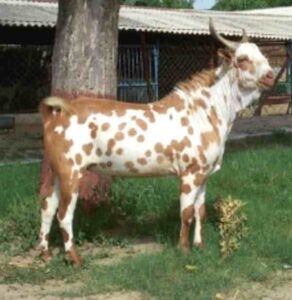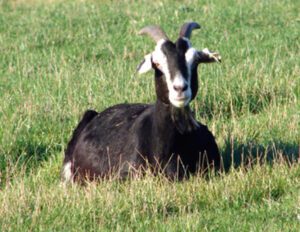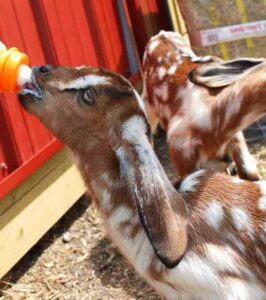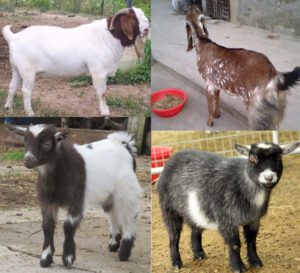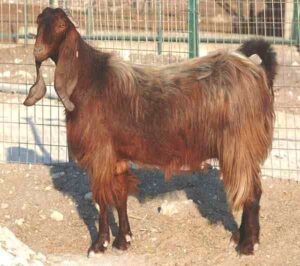Do goats whine all night? It is a common question by the people who are raising goats for the first time. Actually, whining depends on various factors. A herd of healthy and happy goats usually do not whine all night.
Whether you are raising goats as pets or for business purpose, happy goats are fairly easygoing and they do not normally require a whole lot of extra care and maintenance. But on the other hand, a herd of unhappy goats can quickly become a real nuisance.
It can be a sign that something is not right with your goats, if they are bleating, calling out, crying and whining all night. And in such cases you have to change the systems of caring for your goats. But in some cases, whining is natural.
When Do Goats Whine All Night?
Do goats whine all night? Here we are describing here usually when goats whine.
1. During Breeding Season
When the female goats of your herd go into heat or your male goats go into the rut, then you may hear quite of bit of noise. The goats make lots of noise who are in the midst of breeding season.
During this time they make noise primarily for communicating their intentions with one another. Or in some cases they make noise because they are searching for an acceptable mate.
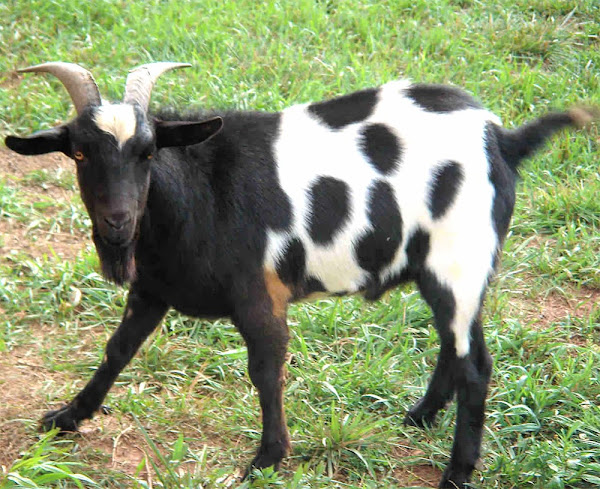
Sometime, you may also hear a lot of noise from a new mother goat who is trying to communicate with her kids or from a pregnant goat. In the case of breeding-related noises, there isn’t much you can do about the clamor other than waiting it out.
2. Hungry Goats
The goats who are not allowed to browse in the pasture can make noise for foods. In most cases, domesticated goats have limited access to resources such as food and water. They rely on you for keeping them from going thirsty or hungry.
If your goats run out of food or water for sometime, then they are going to use their only way of communication with you to tell you about their problem. In most cases your goats will make lots of noise and sometimes very loud noise, if they are hungry or need to drink water.
3. Lonely Goats
Goats thrive on interaction with one another as well as with their human companions, because they are social animals. So a single goat can make lots of noise. Purchasing a single goat and expecting it to live alone without companionship can cause various problems.
Goats usually always bond to something or someone. And your goat will likely bond to you, if a single goat is not bonded to another goat who will stay with it in a small herd.
You can expect your goat to cry and whine almost non-stop if you’re not right there with it every minute of the day, when your goat has started relying on you for all of it’s social needs.
The easiest and quickest cure for a lonely goat is a second goat. So you need to purchase another goat to keep the single one company, if your goat is alone and crying all night.
4. Sick Goat
Sick goats also cry out repeatedly. Usually the goats who do not feel well, are sick or have been injured will also cry out almost all time. You need to thoroughly check your goats for signs of injury or illness, if your normally quiet and happy goats suddenly crying and whining all night.
A sick goat may have diarrhea, be lethargic, a loss of appetite or remove himself from the rest of the herd. When your goats are injured or sick, then you should call your veterinarian as soon as possible.

